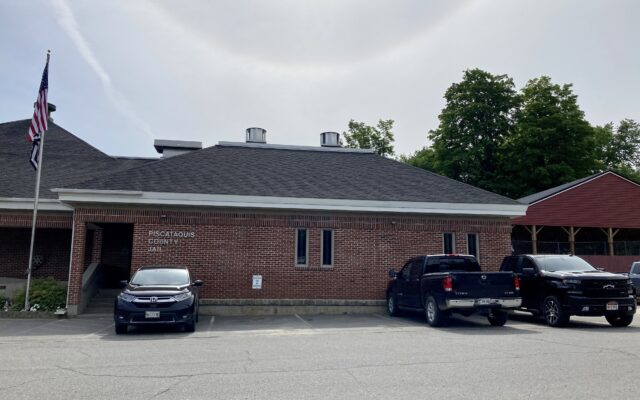
Federal funds could be last hope for Piscataquis emergency radio overhaul
Congressional funding could be the last hope for an emergency radio overhaul in Piscataquis County.
That hope remained alive Thursday when the U.S. Senate Appropriations committee endorsed a bill including nearly $4.2 million for the project championed by Sen. Susan Collins of Maine, the top Republican on the panel, though it will next head to the Senate and House of Representatives for full passage.
The award is the largest of seven projects included in the part of the legislation that would give $7.6 million to police and other public safety agencies in Maine. It is less than the Piscataquis County Emergency Management Agency’s request of more than $5 million, but it would still cover a significant portion, Director Jaeme Duggan said.
The major project, in the works since 2020, reached a halt in early April when county commissioners were deciding whether to shift millions of dollars in COVID-19 relief aid to HVAC system upgrades at the jail. That meant further delays for emergency responders who need an improved way to communicate in the county’s hilly and mountainous terrain.
“This [project] is literally going to save lives,” Duggan said. “Nothing is more important to me than the safety of our responders because we cannot help people if we cannot get our responders there.”
Commissioners ultimately pulled the American Rescue Plan Act funding, she said. They had said repeatedly that they would dedicate the funds to the radio overhaul, even denying requests for broadband funding because of its urgency. They already spent $27,000 on a feasibility study.
Problems with the HVAC system have reached a point where they must be resolved swiftly, said Andrew Torbett, chairperson of the commissioners. He estimated Wednesday that roughly $2.2 million of the county’s $3.2 million in ARPA funding remains.
Commissioners have also designated just under $72,000 to update cabling in Dover-Foxcroft, where the court and county offices consistently run into communication issues because of an “archaic patchwork system,” and poor infrastructure, Torbett said. He suspects remaining ARPA funds will be split between HVAC system upgrades and a dispatch center remodel.
If congressional funding is fully approved for the larger radio communications overhaul, project leaders will likely need to make tweaks to bring it to fruition, Duggan said. She is exploring grants and other funding sources to supplement.
It’s possible that the project will need stronger support from the public. That may be through a bond proposal for voters or asking residents to pressure commissioners to fund the project, she said.
“We don’t want to bring a bond before the county,” Torbett said, “and we’re trying to avoid it. But communication is a massive issue that won’t go away. How we will fund it is the question.”